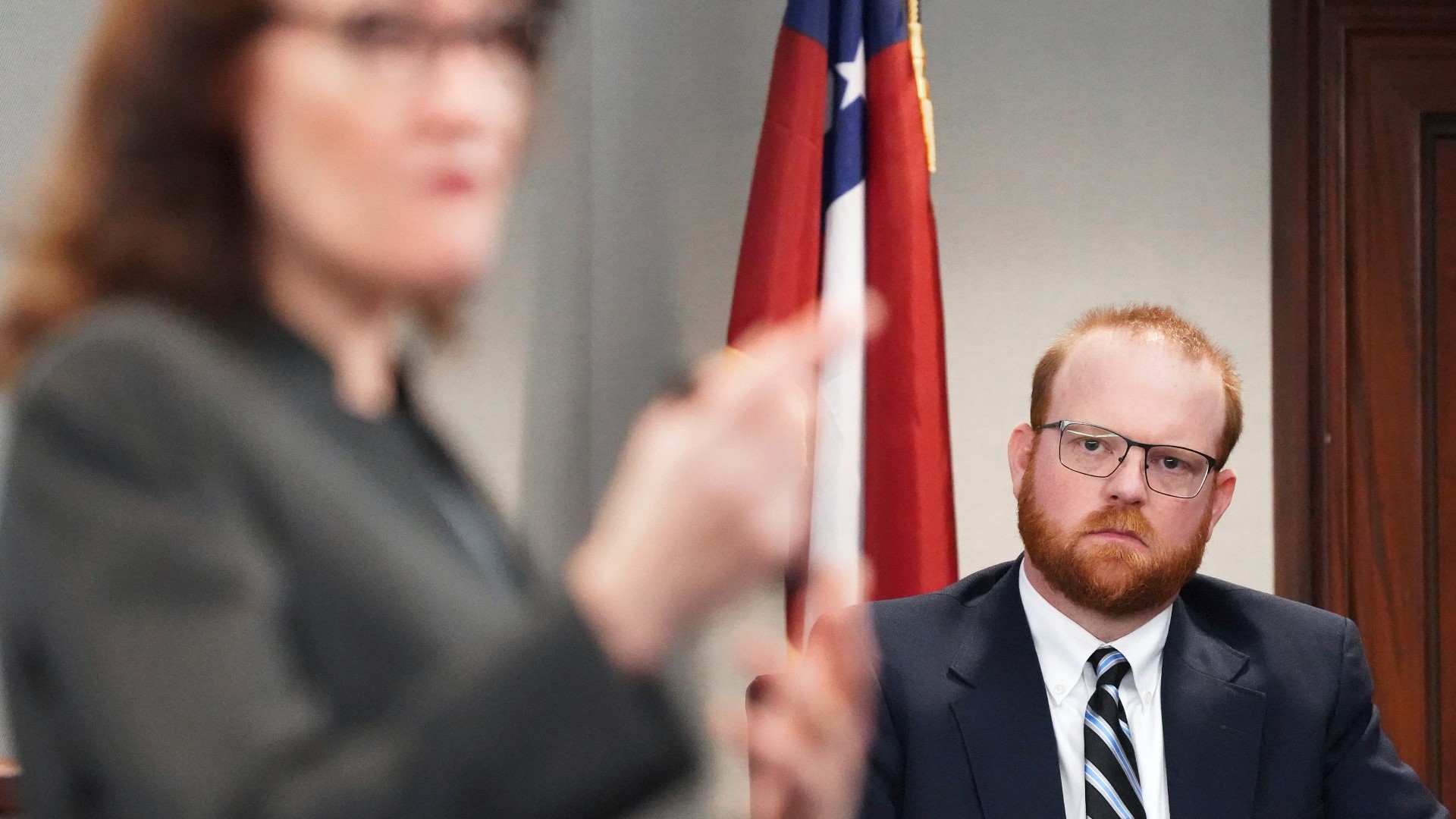GLYNN COUNTY, Ga. — The case is now in the hands of the jury in the trial over the killing of Ahmaud Arbery.
On Tuesday, the jury started deliberating on whether to convict or acquit three men - father and son Greg and Travis McMichael and William "Roddie" Bryan" - of the murder charges they face.
Prosecutors have argued the men committed a vigilante killing that was not informed or influenced by Georgia's actual citizen's arrest law (which was repealed after Arbery's death).
Defense attorneys have argued it was an honest, sincere and lawful attempt to detain Arbery as a "suspect" in neighborhood thefts and break-ins.
The particular citizen's arrest law at the center of arguments was a confusing and ill-defined statute - as but one example of that, in arguing over how to tell the jury to understand it during the charging conference, Judge Timothy Walmsley told the attorneys they had "argued my brain into mush."
That could set things up for a difficult jury deliberation - what happens if they can't come to a unanimous agreement, as they must to render a verdict?
Allen charge and a hung jury
Juries are tasked with coming to an agreement on how to determine a case's outcome. Gwinnett County's courts webpage describes the process as such:
Quite often in the jury deliberation room the jurors may argue and have a difference of opinion. When this occurs, each juror should try to express his or her opinion and the reasoning supporting it. It would be wrong for a juror to refuse to listen to the arguments and opinions of the others or to deny another juror the right to express an opinion. Remember that jurors are not advocates, but impartial judges of the facts. By carefully considering each juror's opinion and the reasons behind it, it is usually possible for the jurors to reach a verdict. A juror should nor hesitate to change his or her mind when there is good reason. But each juror should maintain his or her position unless conscientiously persuaded to change that opinion by the other jurors. Following a full and free discussion with fellow jurors, each juror should vote only according to his or her honest convictions.
A judge has one significant tool at their disposal to try to push the jury toward a unanimous verdict, if they're taking an especially long time: An Allen Charge.
An Allen Charge, according to Cornell Law, is an "instruction given by a court to a deadlocked jury to encourage it to continue deliberating until it reaches a verdict."
This can involve, according to the American Bar Association, "directing dissenting jurors to reconsider their positions favoring the defendant, reevaluate whether their doubt was a reasonable one, and consider the problems and expense of retrying the case."
An Allen Charge last came up as a possibility in the 2019 trial of a DeKalb County police shooting case. In that trial, the jury took six days to come to a decision.
Ultimately if the jury cannot unanimously agree, they are what's considered a "hung jury." At that point, the judge must declare a mistrial, meaning generally that the case can be retried.

